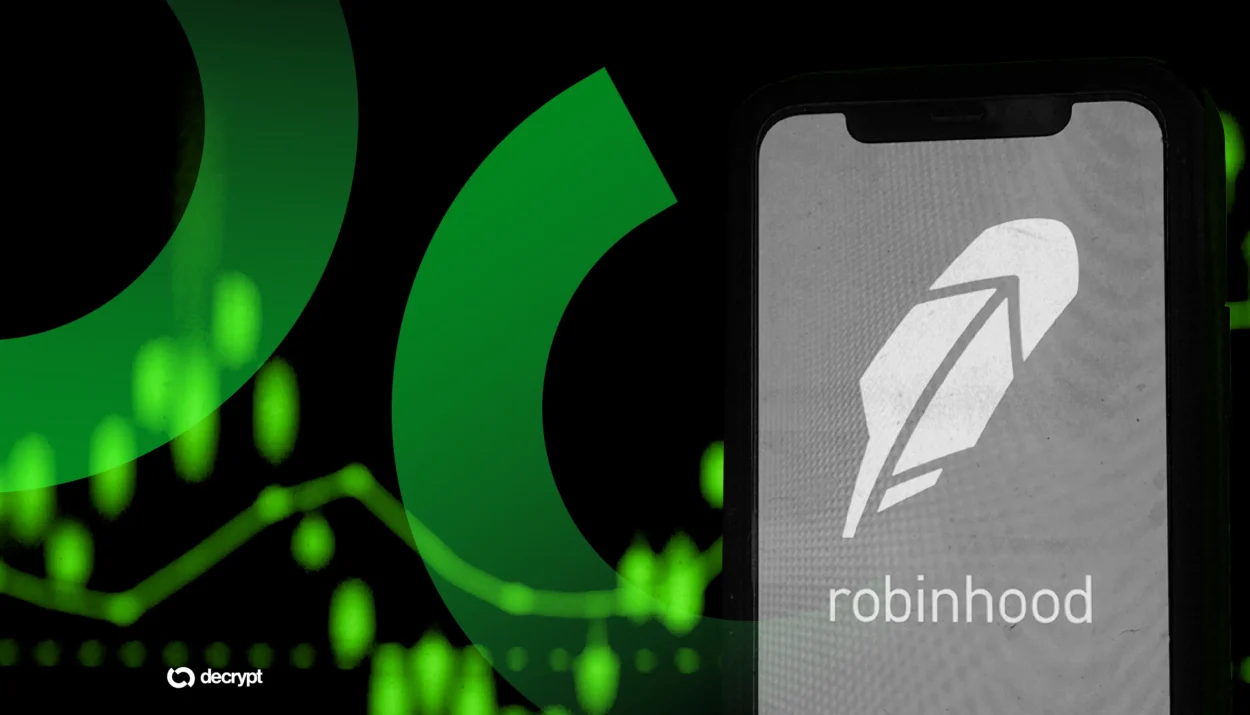Robinhood’s aggressive push into tokenized private equity backfired this week as OpenAI publicly rebuked the trading platform’s new crypto product, declaring that tokens bearing its name do not represent ownership in the AI company and were launched without permission.
“These ‘OpenAI tokens’ are not OpenAI equity,” the company wrote on X. “We did not partner with Robinhood, were not involved in this, and do not endorse it. Please be careful.”
These “OpenAI tokens” are not OpenAI equity. We did not partner with Robinhood, were not involved in this, and do not endorse it. Any transfer of OpenAI equity requires our approval—we did not approve any transfer.
Please be careful.— OpenAI Newsroom (@OpenAINewsroom) July 2, 2025
The strongly worded warning came just days after Robinhood CEO Vlad Tenev unveiled tokenized shares of over 200 private companies, including OpenAI and SpaceX, at a high-profile event in Cannes, France. The promotion, which included €5 worth of OpenAI and SpaceX tokens for eligible EU users, was part of a broader rollout involving a new Layer 2 blockchain and tokenized real-world asset trading.
Robinhood said the tokens are derivatives based on shares held via a special purpose vehicle (SPV), designed to give investors “indirect exposure” to high-growth startups. But OpenAI firmly denied any equity transfer had occurred or been approved.
Market Reaction & Fallout
Following OpenAI’s statement, Robinhood’s stock ($HOOD) dropped 3.97% to $94.09, trimming its recent rally fueled by enthusiasm around the tokenization initiative. Despite the pullback, shares remain up over 150% year-to-date.
SpaceX, the other company featured in the promotion, has not issued a statement, but growing concerns about token legitimacy and shareholder rights have sparked heated debate.
“There is no requirement for these companies to honor the sale of equity you think you own,” said Dragonfly GP Rob Hadick on X. “I expect more firms to cancel unauthorized transfers altogether.”
Elon Musk Weighs In
Adding fuel to the controversy, Elon Musk — co-founder of both SpaceX and OpenAI — criticized OpenAI’s structure, calling the equity “fake” and renewing claims that the company has strayed from its nonprofit mission. Musk has filed multiple lawsuits against OpenAI in recent months over what he claims is a violation of its founding charter.
The Bigger Picture: Tokenization Meets Legal Boundaries
Robinhood has defended its program, saying it opens access to exclusive asset classes like private equity and credit. But critics warn of legal gray areas as tokenization collides with shareholder agreements and corporate consent.
“Tokenization has promise,” said Johann Kerbrat, Robinhood’s Crypto GM. “But this is about more than hype. It’s about giving regular people access to real opportunities.”
For now, however, that promise remains clouded by confusion — and legal risk.
OpenAI’s public distancing from Robinhood’s tokenized equity offering has thrown cold water on what was billed as a bold leap into financial democratization. With regulatory scrutiny rising and no clear rights for token holders, investors may want to read the fine print before clicking ‘Buy.’
Disclosure: This article does not represent investment advice. The content and materials featured on this page are for educational purposes only.
Related:
Markets Hit New Highs, Fed Cuts Off Table After Strong Jobs Data; Trade Talks & Tariff Risks Still Loom
Markets Hit Highs After Trump–Vietnam Deal, But All Eyes on US Jobs Report Now
FHFA Chief Claims Powell Lied to Congress; Trump Demands Immediate Resignation
Global Stocks Are Crushing US – But Which Ones?
Market Wrap: Stocks Hit Records, Dollar Slides, and Gold Surges as July Begins
Bessent Warns: US Tariffs Could Snap Back to 50% as July 9 Deadline Looms










